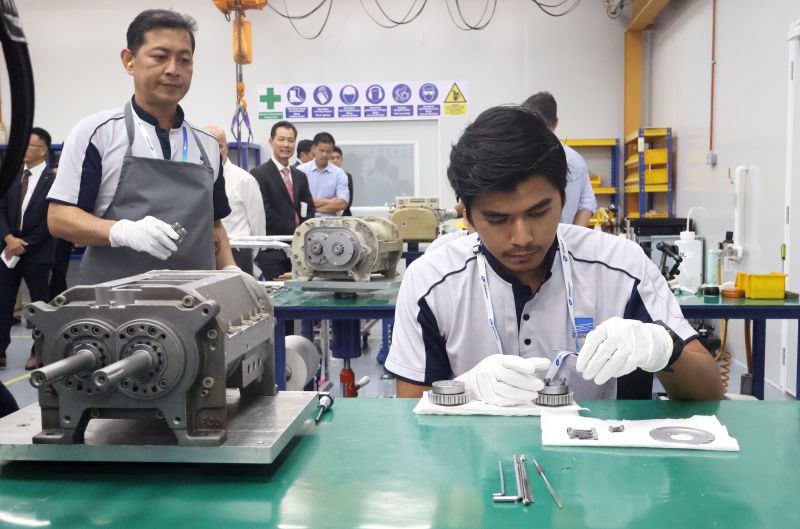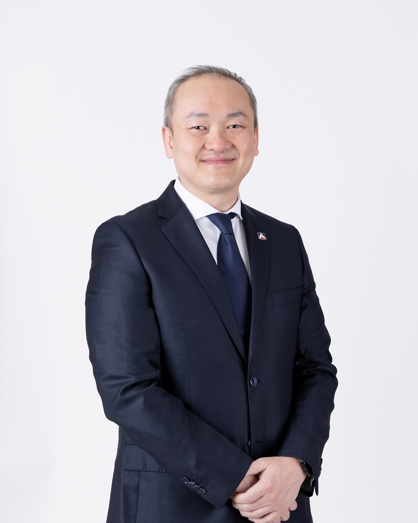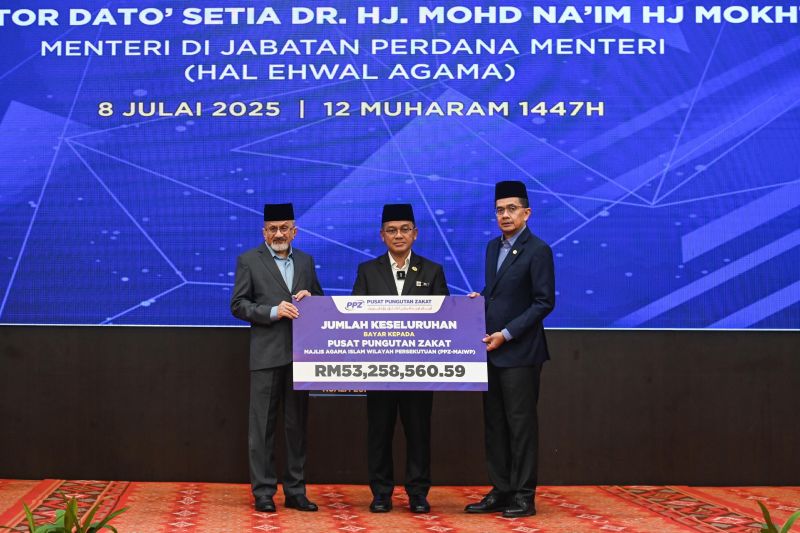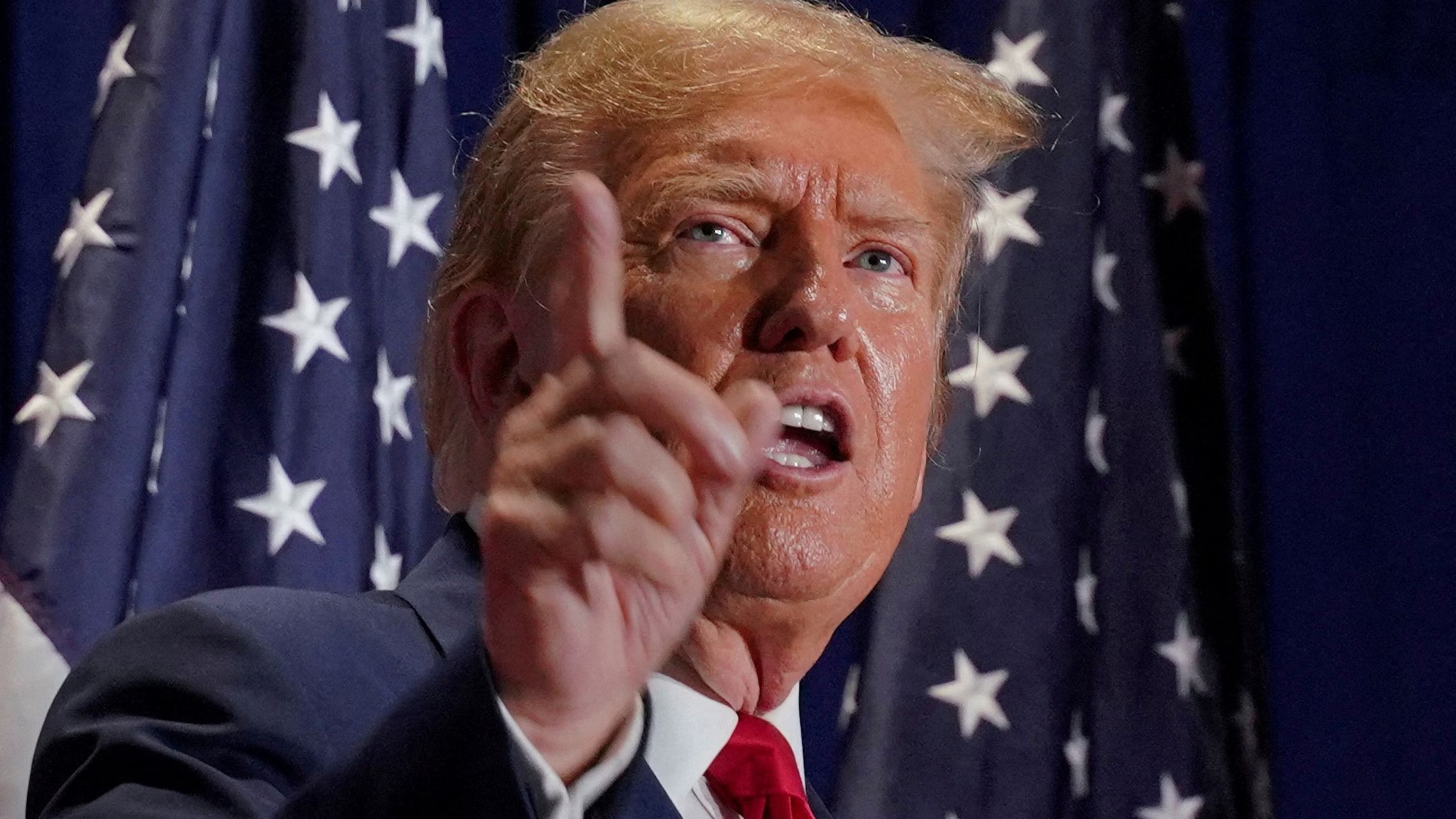Huawei is reportedly set to launch a new artificial intelligence chip, the Ascend 910C, in a move that challenges Nvidia’s dominance in the AI chip market, despite ongoing U.S. sanctions. The Chinese tech giant aims to begin shipments of the chip as early as October, with potential customers, including Chinese internet firms and telecommunications providers, already testing the product. The Ascend 910C is said to rival Nvidia’s H100 chip, which has been restricted from sale in China by U.S. regulators due to national security concerns.
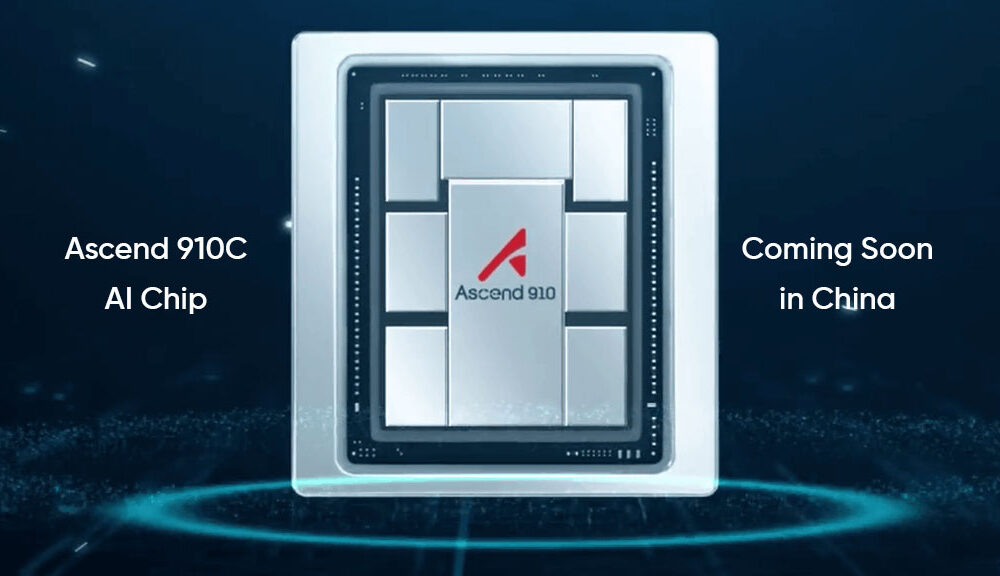
Huawei’s latest development is seen as part of its broader strategy to circumvent U.S. sanctions that have significantly impacted its access to advanced technology. The company has already faced production delays for its current chips and risks further U.S. restrictions, which could hinder its ability to acquire essential machine components and memory chips for AI.
This AI chip release is the latest indication of Huawei’s resilience in the face of American efforts to limit its technological progress. In a related development last year, an analysis of Huawei’s Mate 60 Pro smartphone revealed the use of a 5G-supporting chip made by China’s top chipmaker, SMIC, despite U.S. efforts to cut off Huawei from such technology.
Huawei’s resurgence in its consumer electronics business, which includes smartphones and laptops, is also posing a renewed challenge to Apple in the Chinese market. Apple was edged out of the top five smartphone vendors in China in the second quarter of the year, as competition from domestic brands like Huawei intensified.
Huawei has been a central figure in U.S. sanctions aimed at protecting American networks and supply chains. Starting in 2018, the U.S. banned its agencies from purchasing Huawei equipment or services. In 2019, Huawei was placed on a U.S. trade blacklist, preventing American firms from selling technology, including 5G chips, to the company. The restrictions tightened further in 2020, with the U.S. requiring foreign manufacturers using American chipmaking equipment to obtain a license to sell semiconductors to Huawei. In May 2023, the U.S. revoked some licenses, including those of Intel and Qualcomm, citing national security and foreign policy interests.
In response, China is intensifying efforts to bolster its domestic chip industry, with 344 billion Chinese yuan ($47.5 billion) allocated to a third chip fund aimed at strengthening its technological sector.


